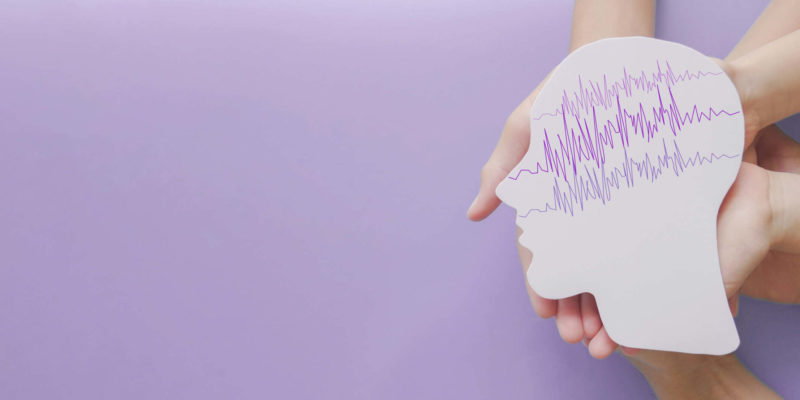If you have seizures or are the parent of a child who has seizures, then…

Fact or Fiction? Your Guide to Epilepsy
If your child has recently been diagnosed with epilepsy, you probably have questions. However, what you may not realize is that much of what you know about epilepsy may be wrong. Epilepsy is surrounded by mystery and misinformation. Some of the misinformation is harmless. However, some of it can end up harming your child. We are going to present you with some of the common beliefs people have about epilepsy. Then, we will tell you whether it is fact or fiction.
Epilepsy is rare.
Fact. Epilepsy impacts about 1% of the population, which makes it a rare disease. However, for a rare disease, it is fairly common. 1 in 100 means that most schools will have multiple children with epilepsy in attendance at any one time.
Everyone who has a seizure has epilepsy.
False. There are actually over 40 different types of seizures. Anybody can have a seizure with the right type of triggering event, and about 5% of people will experience a seizure in their lifetimes. However, that does not make someone epileptic.
Seizures always involve jerking or shaking.
Fiction. While those seizures may be more noticeable, there are actually multiple types of seizures. Vacant stares or people seeming confused can be a sign of a seizure.
People need to go to the hospital after a seizure.
Fiction. A person who has epilepsy does not need to go to the hospital or seek immediate medical care after a seizure, unless they have experienced an injury. A person who has had an isolated seizure event should seek medical care.
Flashing lights trigger seizures in people with epilepsy.
Fact. Flashing lights can trigger seizures in some people with epilepsy. However, only about 3% of people with epilepsy respond to this particular trigger.
If medication does not work, there is no treatment for epilepsy.
Fiction. Surgical alternatives are available for many people with epilepsy.
Epilepsy is a lifelong condition.
Fiction. While epilepsy may be lifelong in some people, for other people it is a temporary condition. In fact, while 2% of people will have epilepsy in their lifetimes, only 1% of people have epilepsy at any given time.
You should place a spoon in the mouth of a person having a seizure, to keep them from biting their tongue.
Fiction. Never place anything in someone’s mouth while they are having a seizure; you could cause them to choke.



